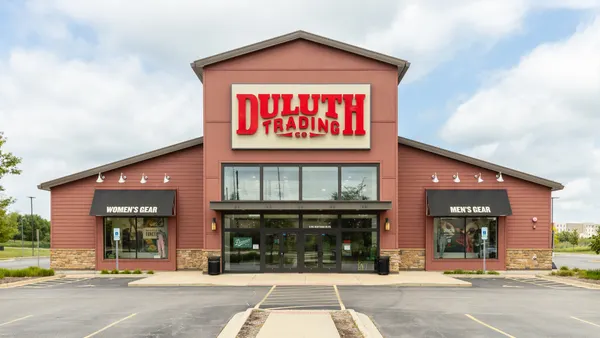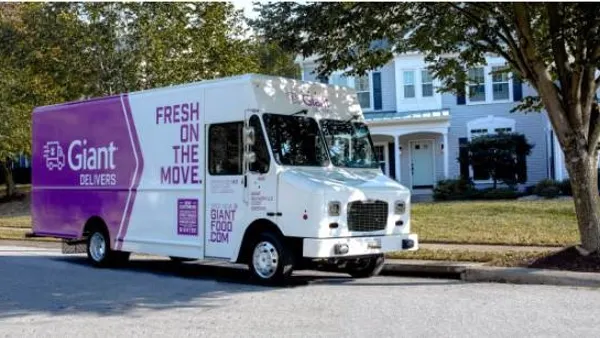Dive Brief:
- Japanese automakers Toyota and Mazda will share a $1.6 billion manufacturing plant and bring 4,000 new jobs to the U.S via a joint-partnership, Michigan Automotive News reported last week.
- The pair are splitting the cost of the new plant equally, and hope to begin operation by 2021. Toyota intends to build North American Corollas at the new location. Mazda will build crossover models.
- Toyota has said that together with Mazda, U.S. vehicles will be produced under the same roof, where they will benefit from shared technology for electric vehicles. The two automakers will also collaborate on connected-car tech and advanced safety technologies to build complementary vehicles.
Dive Insight:
Nearshoring, the process by which a company opens an overseas branch to produce and sell its products nearer to its largest market, is having a moment. Within weeks, Foxconn and now Toyota/Mazda have chosen to build U.S. manufacturing facilities, reaching out to the American market at a time when presidential pressure on local production is at it greatest height within decades.
The three companies' decisions reflect two growing trends in supply chain management: The need for closer production plants as product-to-design cycles shorten, and the decision to mitigate political risk through the site selection process.
Both auto and electronics makers operate on just-in-time production models, wherein new product launch dates determine timelines, so both benefit from having factories nearby their consumers. For years, these industries have tended toward nearshoring their facilities in order to decrease fulfillment timelines and avoid holding inventory due to early deliveries or delay production as a result of supply chain snags.
Now, those decisions are also politically expedient. Since President Trump's elections, large manufacturers have won greater incentive packages to bring their production to the U.S.
The most notable case happened just days after the election, as Carrier decided to stay in Indiana due to a beneficial incentive package. Foxconn, which is setting up shop in Speaker of the House Paul Ryan's home state, is likely to get a similarly sizeable deal. Meanwhile, 11 different states are in the running to host Toyota and Mazda's new plant, according to The Wall Street Journal.
In addition, the automakers' focus on innovation with its new U.S. plan seeks to take advantage of high-skill labor, and set up the company for success as the U.S. auto industry works on developing next-generation electric and autonomous vehicles. The technology may be years away from market penetration, but not much longer than it would take to open a new plant.













